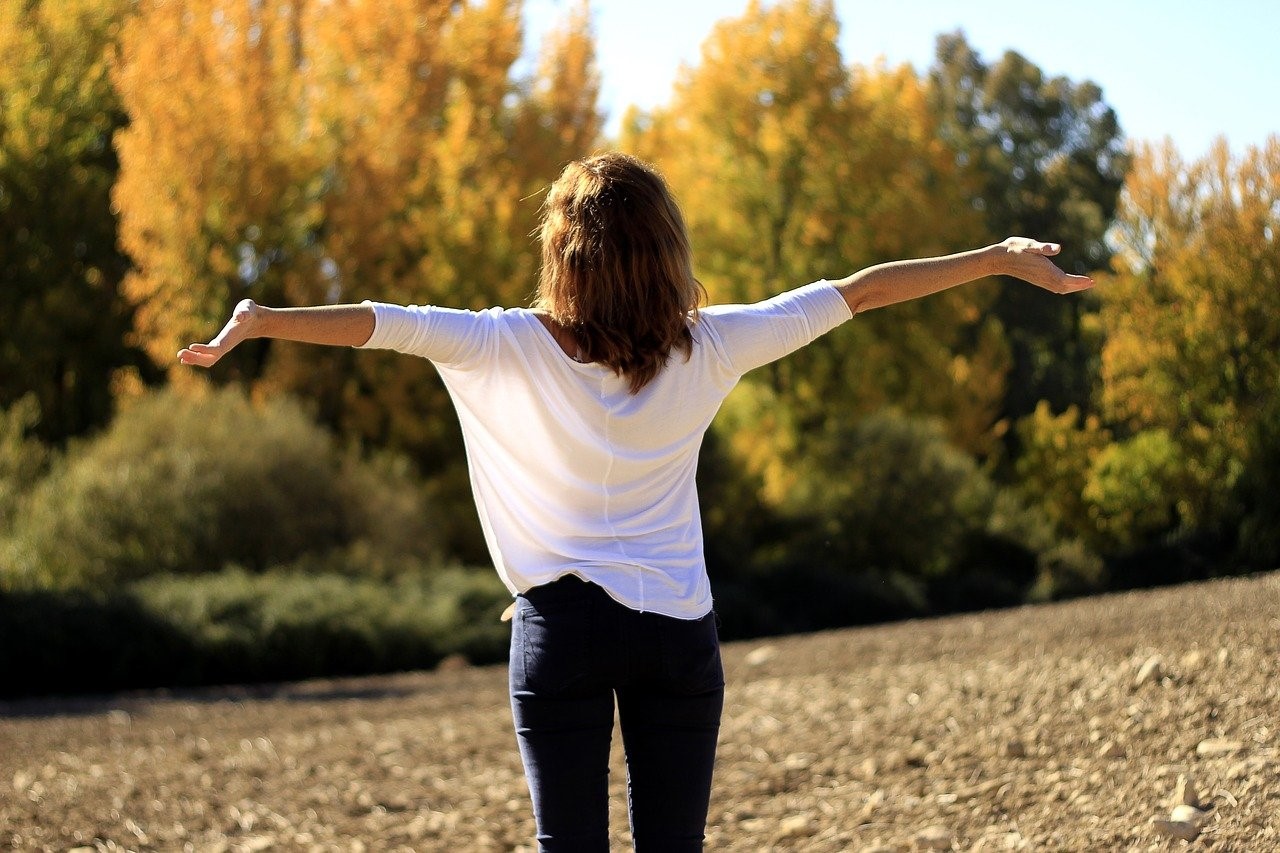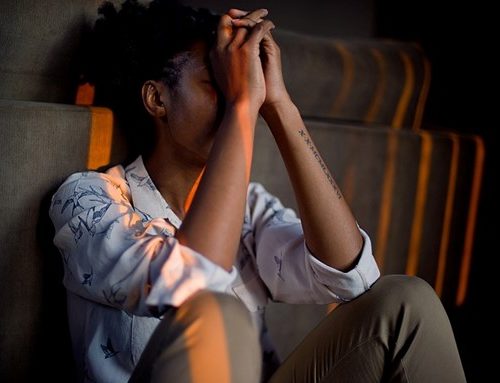It’s been almost one year since the COVID-19 pandemic dragged us onto a rollercoaster that never seems to stop going up and down. The life that we once viewed as ‘normal’ is being collectively grieved by the world, and it’s reasonable to say we are deeply longing for days where self-isolating ceases to exist.
Along with complete social disruption, the shift in our everyday lives has brought about a great amount of discomfort and uncertainty. From the loss of hugging our family and friends, to the loss of a workplace filled with chatter and laughter, there is a heaviness of heart that’s felt by many. In a sense, we are all mourning, and the loss and grief are feelings that are universally familiar to all of us.
Even though it’s unclear when this pandemic will come to an end, it’s important we acknowledge and process the present moment we are in. It is important that we talk about ways we can brave this storm together, and effectively cope with the loss of our ordinary daily freedoms and peace of mind.
A Call to Action For Self-Compassion
In times like these, we may find ourselves thinking that there may be so many others who have it worse than we do, and that we shouldn’t be so dejected. However, as is the case when dealing with many of life’s hardships, comparative suffering cannot be used as a long-term coping mechanism. For example, discovering that you will have to work from home for an unknown amount of time is a valid reason to feel dejected. It is just as valid of a reason to feel disappointed as a cancelled graduation or wedding ceremony.
The truth is, comparing our suffering only pushes us further away from supporting each other as a community, and as a society. Having compassion for ourselves and validating the emotions that come with the loss of our ‘normal’ are protective actions against shame and self-punishment. Simply put, your reasons to grieve the life you had before the pandemic are entirely VALID. Feelings are always valid.

“The worst loss is always yours” – David Kessler
Naming and Normalizing
Almost all of us are experiencing what it’s like to live in a global pandemic for the first time. We are in the middle of what future generations will be reading about in history textbooks. This is unfamiliar territory, so it’s okay to feel anxious and be uncertain about what the future holds. It’s normal to be afraid, sad, bored, angry, and confused. What matters is that we recognize what emotions we are feeling and put a name to them. If you are sad, you can say that you are sad, and acknowledge that it makes sense, given the changes this pandemic has caused in your life. If we are not aware of our feelings, we risk feeling worse by keeping them bottled up.
Perspective
What we are experiencing right now is hard. It’s hard on us emotionally, physically, socially, and more. Although the majority of us have never gone through a pandemic before, we have all experienced challenges in one way or another and these challenges required us to cope and adapt. Giving ourselves time for self-reflection is a good way to call upon the strengths and skills we have developed from past hardships. Even in these hard times where the end seems unclear, we have to remember that we managed to get through previous hardships and remind ourselves that the current hardships won’t be permanent.
Finding Stability
In the midst of an unpredictable situation, what many of us long for the most is stability. While these are not ideal circumstances, if you can find a way to make a small promise to yourself once every day, and follow through with it, then this may help you feel some sense of stability. This could include making a healthy breakfast, setting aside five minutes to practice focused breathing, or writing in that journal you bought but never used. By setting aside this time, we may find stability in these everchanging times.

Moving Your Body
While worrying about the world outside, we may experience increased anxiety that becomes stored in our bodies with nowhere to go. Hunched backs, stiff muscles, and clenched jaws are all ways in which our grief can take form. By becoming aware of what our body is telling us, then we can respond in helpful ways. This might include taking a short break from the computer to stretch your arms high in the air or stretching your fingers and palms to increase the blood circulation in them.
We’re All in This Together
No one can be certain about what the future looks like from here. We are all just doing our absolute best. And while it’s an overwhelming feeling, that’s okay. No one is expecting you to have all the answers, and it’s completely normal if you’re feeling overwhelmed at this very moment. In times like these, we may find ourselves looking for a leader to guide us, when the reality is we all have the power to be leaders in our own lives.
If we can normalize the discomfort we may feel and share our truth with others, whether it’s coworkers, significant others, or our own children, then we allow for our mutual vulnerability to bring us closer together. Following the loss of anything in our lives, including life as we knew it before the pandemic, we will need time to grieve. By sharing and considering some of the suggestions within this article, we can certainly get through this together, no matter the distance between us.








